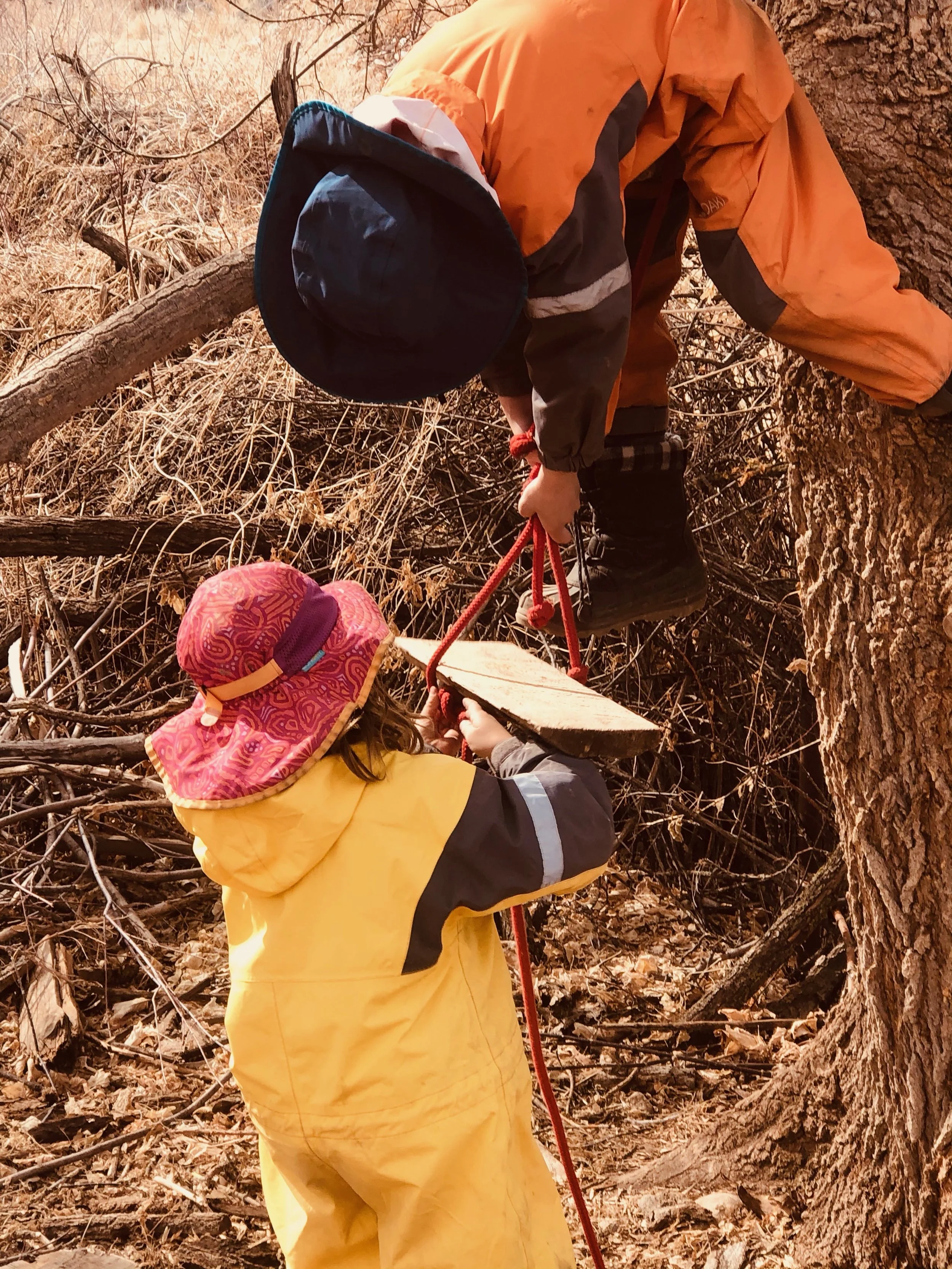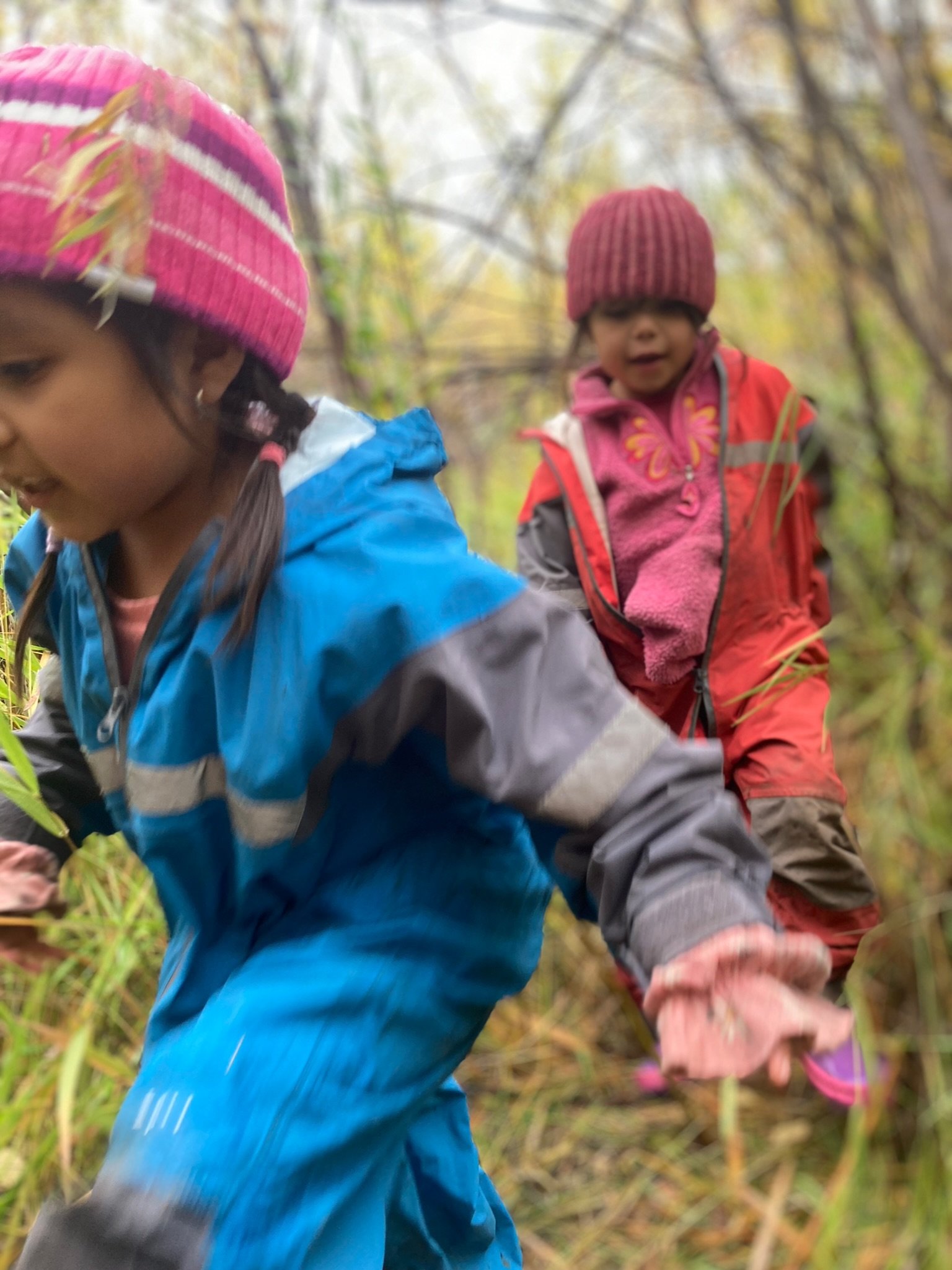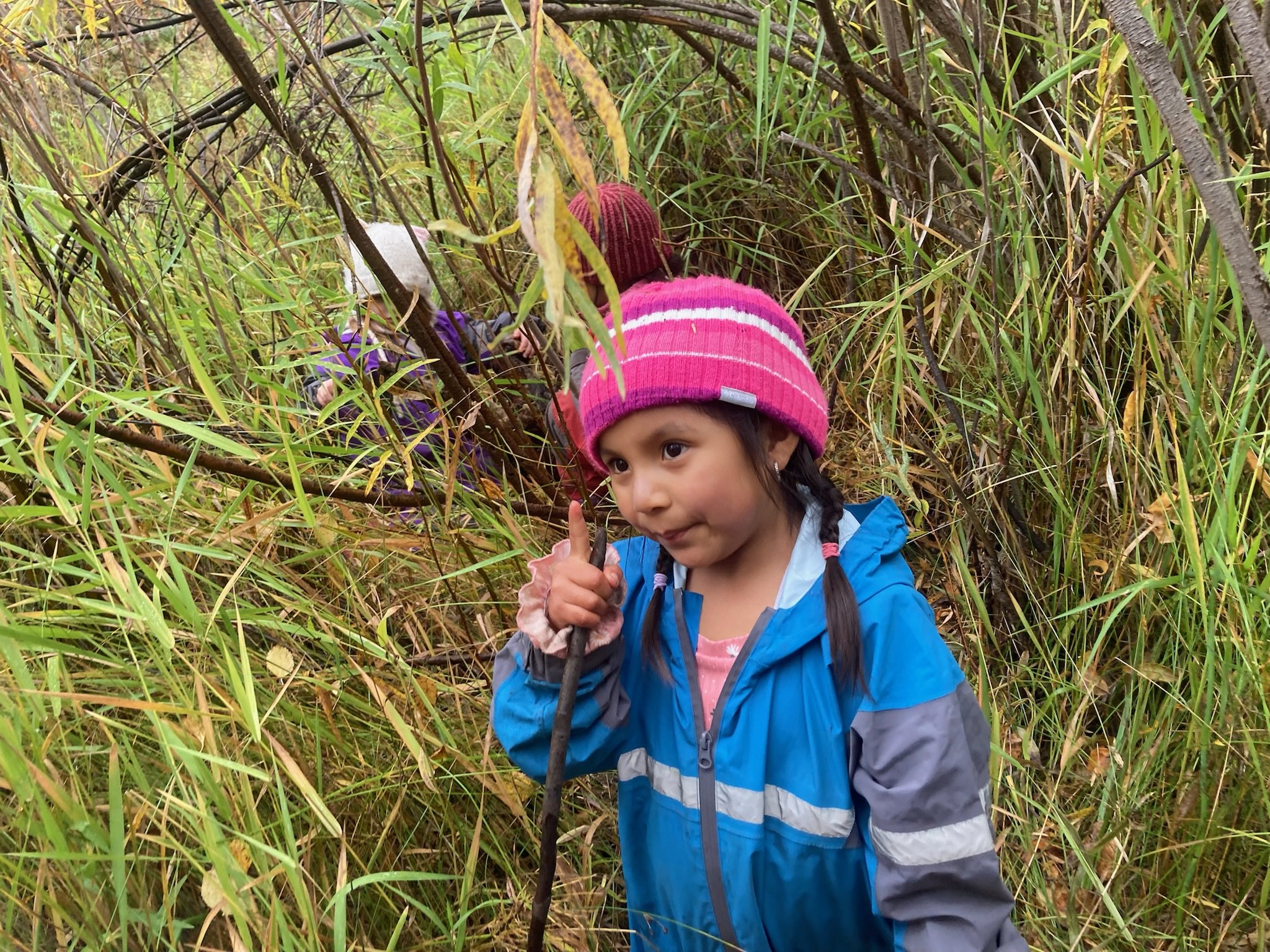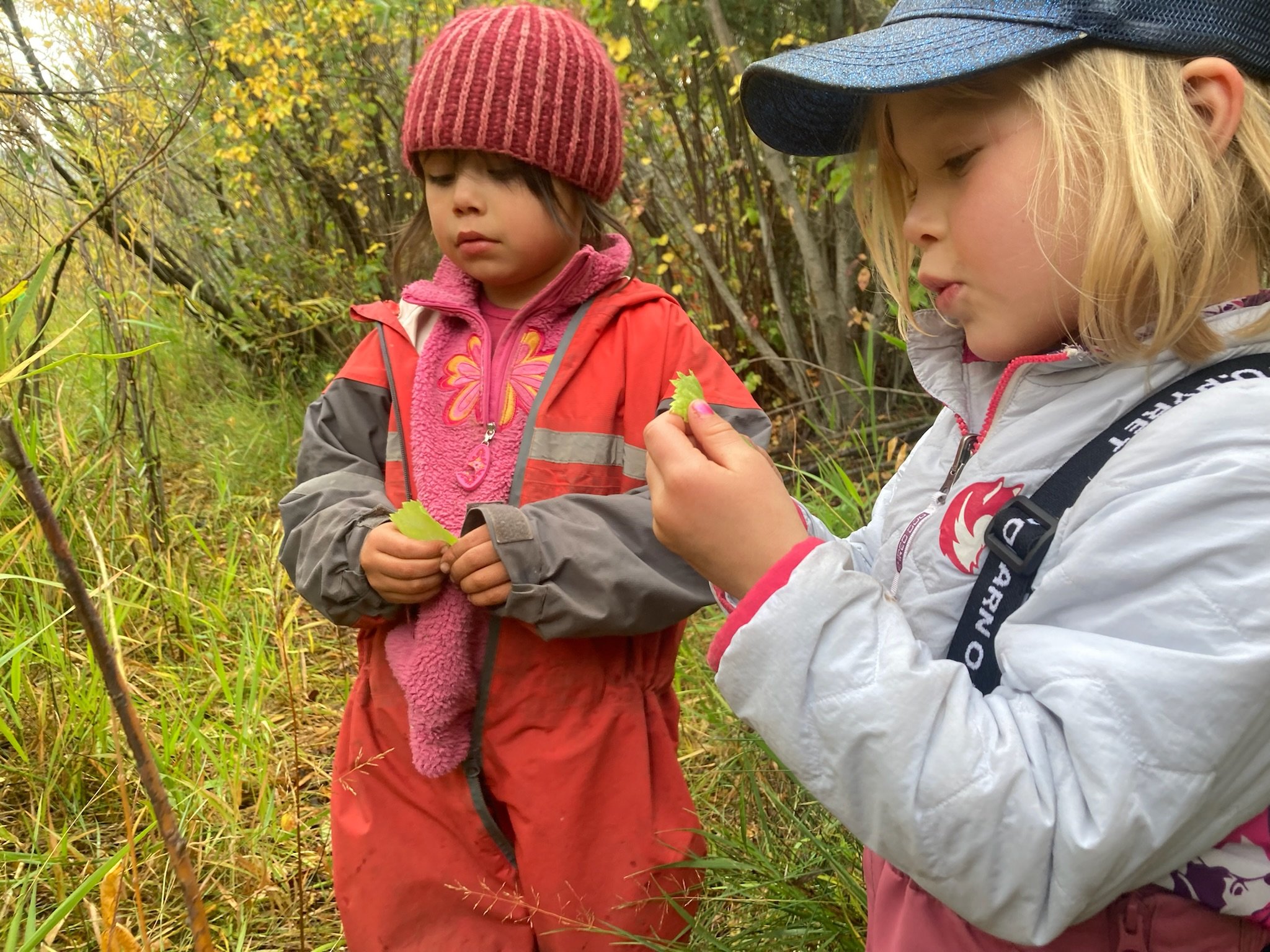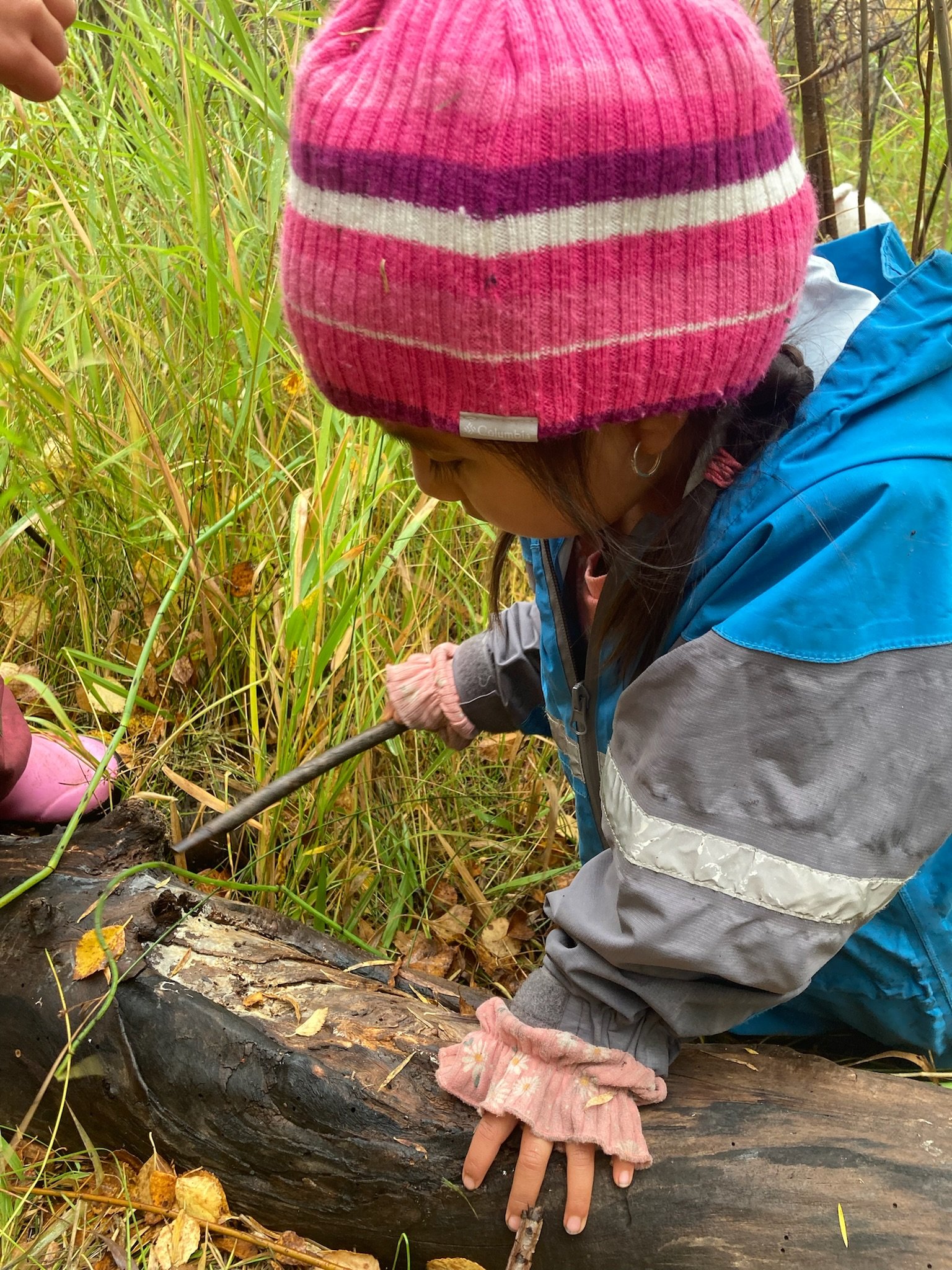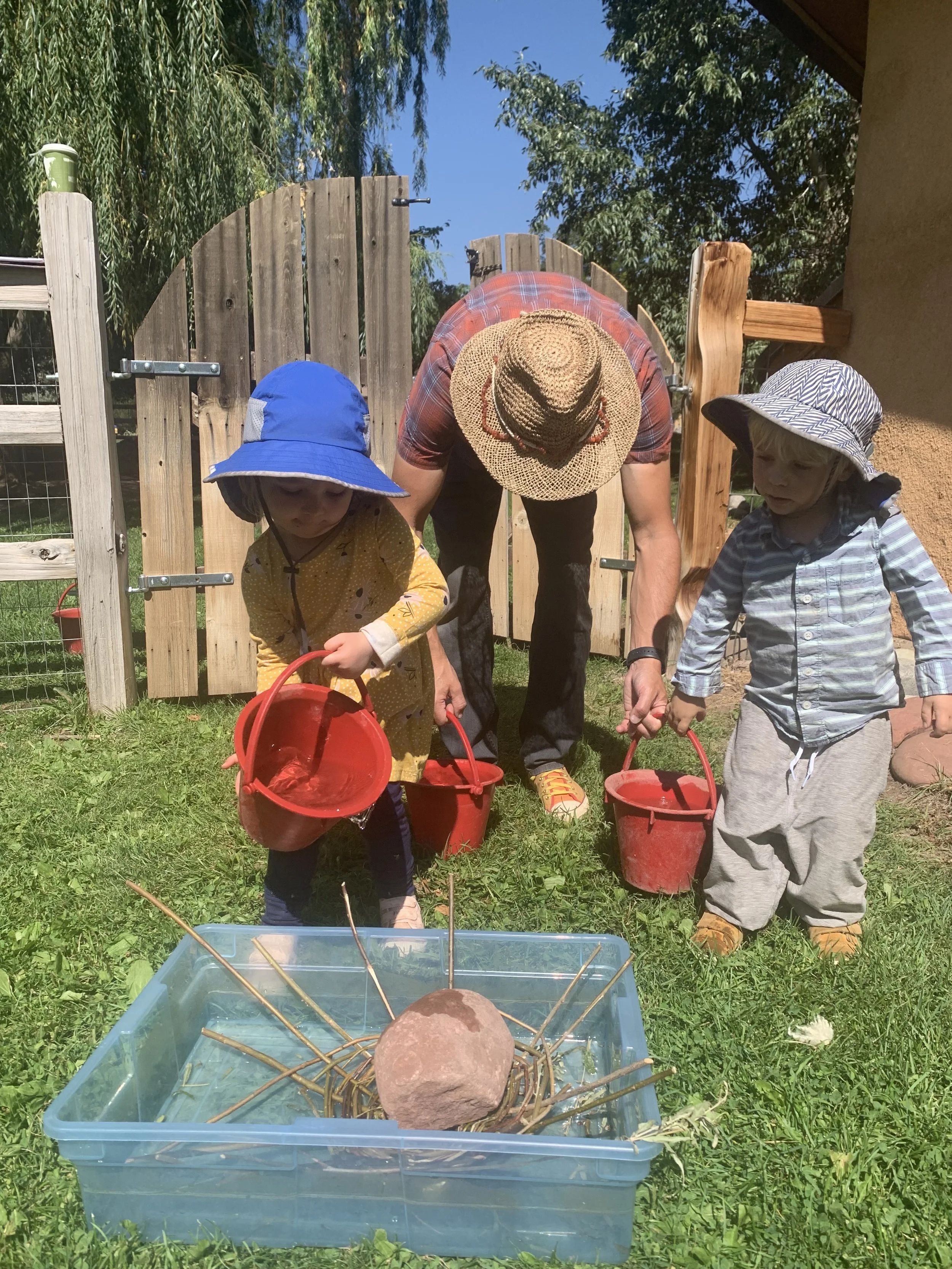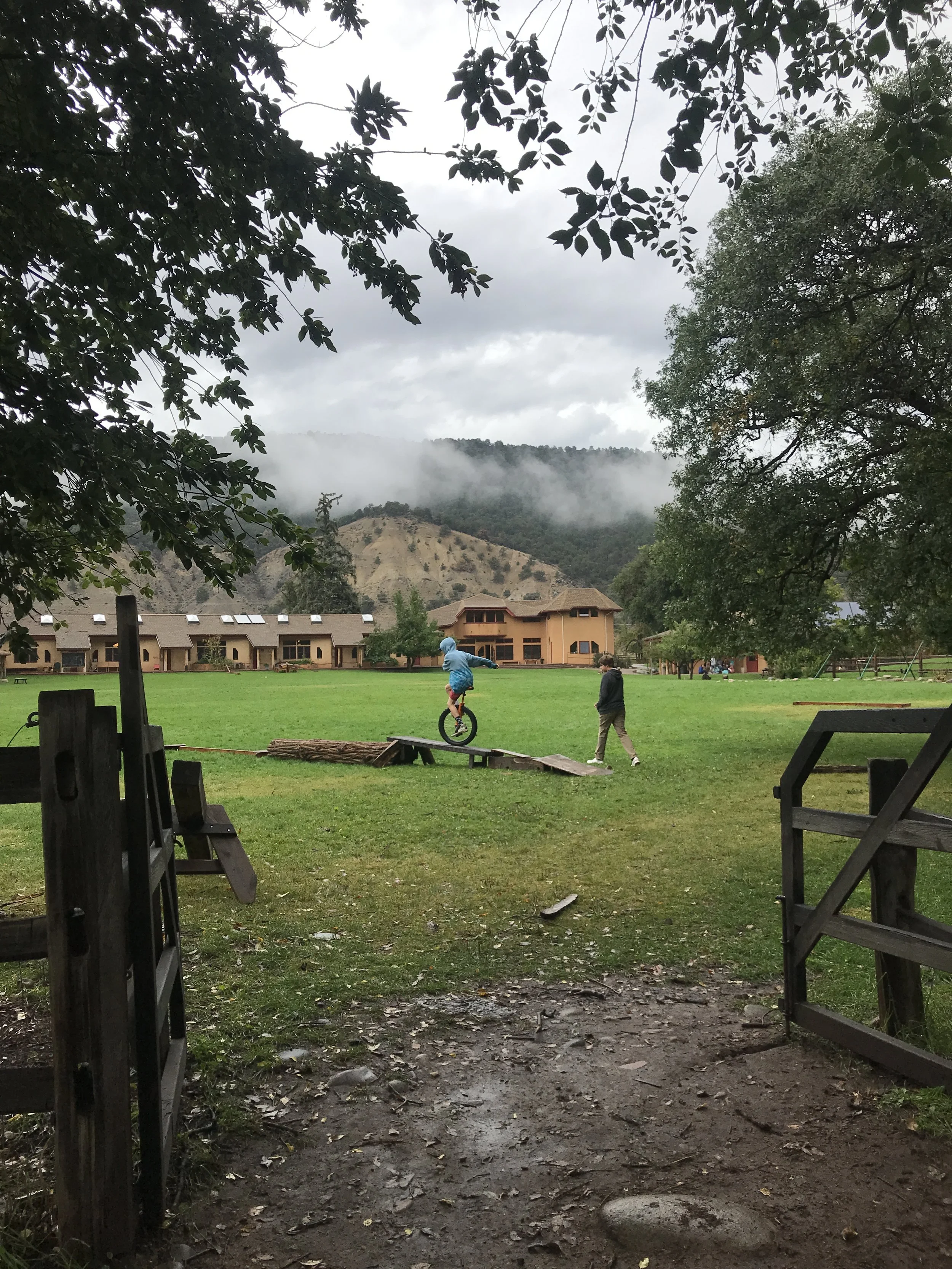In the Media: Outdoor Play Supports STEM Achievements
Playing outdoors has a profound impact on child development and is connected to a number of key indicators around ‘success’ in later life. What’s more, “research suggests that active exploration wires the brain, and helps kids develop powerful intuitions about concepts central to science, technology, engineering, and mathematics.” (Source) In other words, time spent in nature can spark a lifetime of science curiosity.
“If you are fascinated by clouds or the spots on a ladybug’s back; if you like to split open rocks and see what’s inside, then you’re already an outdoor scientist” ~Temple Grandin (A renowned animal behavior expert and professor at Colorado State University, source)
Can playing outdoors support students working in STEM?
Yes, research has show over the last decade that there is a big difference between hands on learning in nature and simply listening to an idea. For example, “hands-on learning helps students understand physical interactions and natural phenomena.” (Source) This means that when students spend time outdoors, exploring for themselves how to move a large log or construct a fort or a roll a stick down a hill, they are directly interacting with and laying foundations for key scientific phenomena. As an article from Natural Start outlines, “Consider, for example, experiments conducted Sian Beilock and her colleagues. The researchers wanted to know if a hands-on experience could help students understand a physics concept. So they asked college undergraduates to hold an axle that was attached to a pair of spinning bicycle wheels. As the students moved the axle, they felt resistance caused by angular momentum and torque--the spinning, accelerating motion that makes the wheels rotate. (For an example, see here.) The experience had an immediate effect on learning, and the lesson stuck. In a quiz given several days later about the effects of torque, the hands-on learners outperformed their peers, fellow students who had observed the wheel demonstration, but hadn't held the axle themselves.” Read the full article here: Source.
In Waldorf Education, hands on learning is prioritized for students across grade levels. In Early Childhood, this means students spend time outdoors everyday, exploring natural elements that are later illustrated as complex scientific phenomena such as gravity, friction, tension, leverage and so much more. In the older grades, students take hands on approaches to exploring the scientific elements that lay the foundations for STEM such as complex chemistry experiments or challenging math problems that require the entire class working together to solve. As the students get older, more emphasis is placed on helping them draw forth relationships of cause and effect to better understand scientific implications and how the relationships might work together.
As outlined in the Natural Start article, engagement with science is nurtured more deeply by spending time in the natural world to explore how scientific phenomena come alive in the world around us. “If hands-on activity gives rise to intuitions about movement, forces, and physical interactions, outdoor exploration could have an important impact on emerging STEM skills. Kids with lots of experience will arrive in the science classroom better prepared. They'll have better instincts about how things work, find STEM discussions more engaging, and be more motivated to learn.” ( Source)
The Link Between Nature & Learning?
As shared in a CNN article, “until recently, the connection between learning and exposure to nature was poorly understood, wrote Ming Kuo, associate professor of natural resources and environmental sciences at the University of Illinois Urbana-Champaign, in a recent review paper. Everyone thought nature was good for kids, she wrote, but they didn’t have robust research to support the thesis. Now, that’s changing. Analyzing dozens of studies, Kuo found strong evidence that exposure to nature promotes attention and relieves stress. It boosts self-discipline and motivation. It’s tied to physical fitness, and also increases kids’ autonomy.”
The benefits of time spent outdoors causes ripple effects to all learning. In Waldorf Education, the development and nourishment of the whole human being is prioritized. With this in mind, time spent outdoors is invaluable for all our students, Early Childhood to 8th Grade. This decision empowers students to then sit down at their desks and absorb geography, geometry, chemistry, mathematics, physics, history and so much more. By infusing academics with nature in all aspects, learning is more dynamic, engaging and impactful for all our students.

